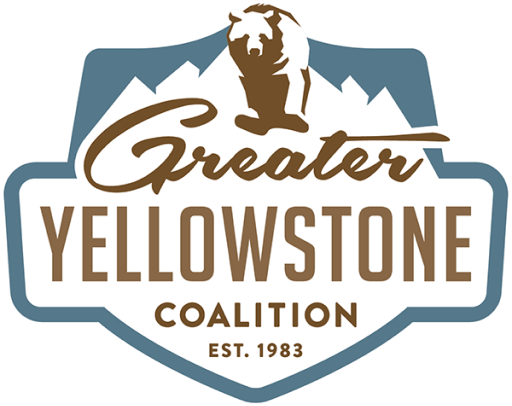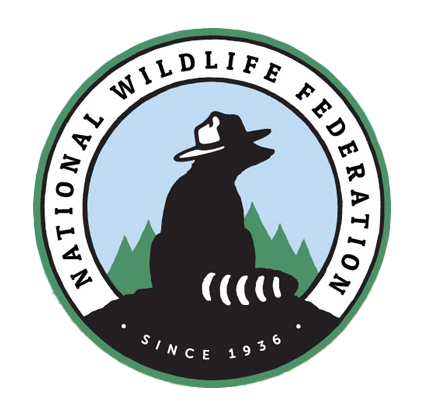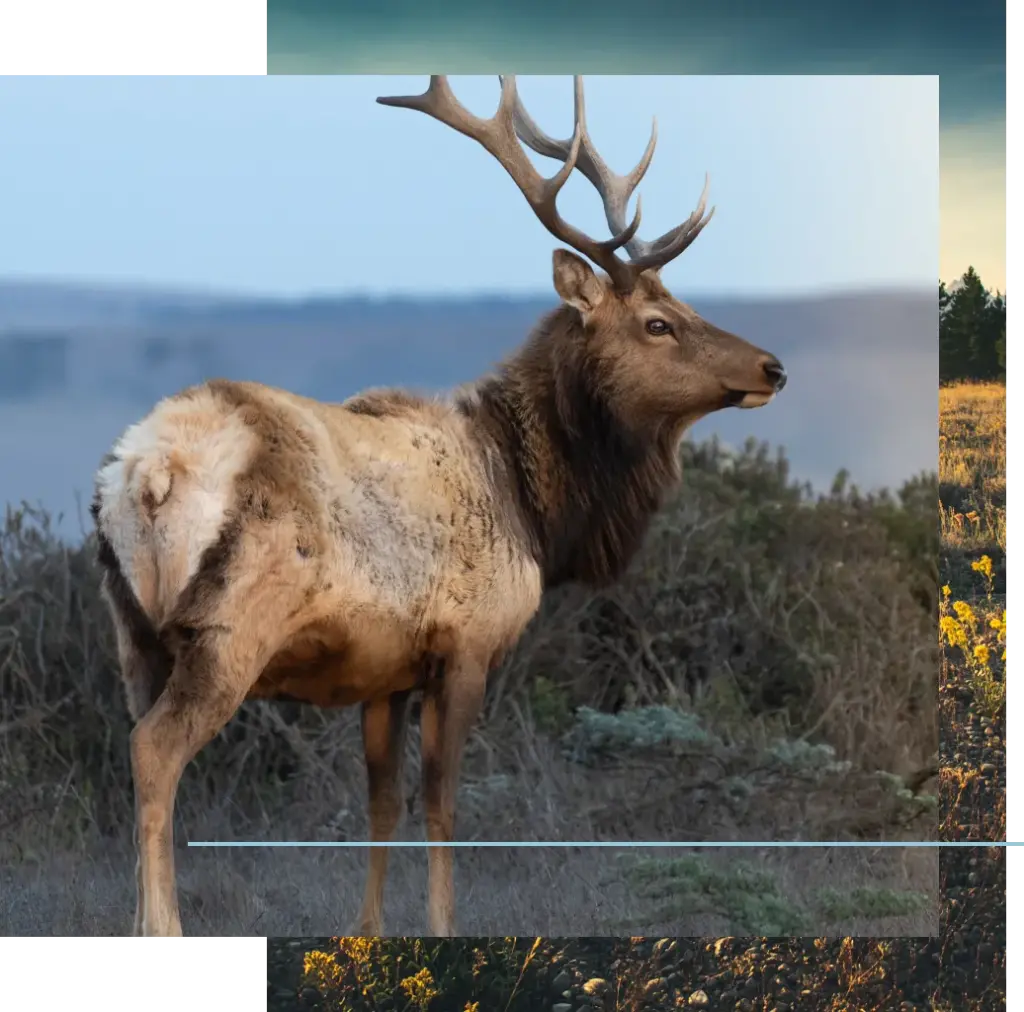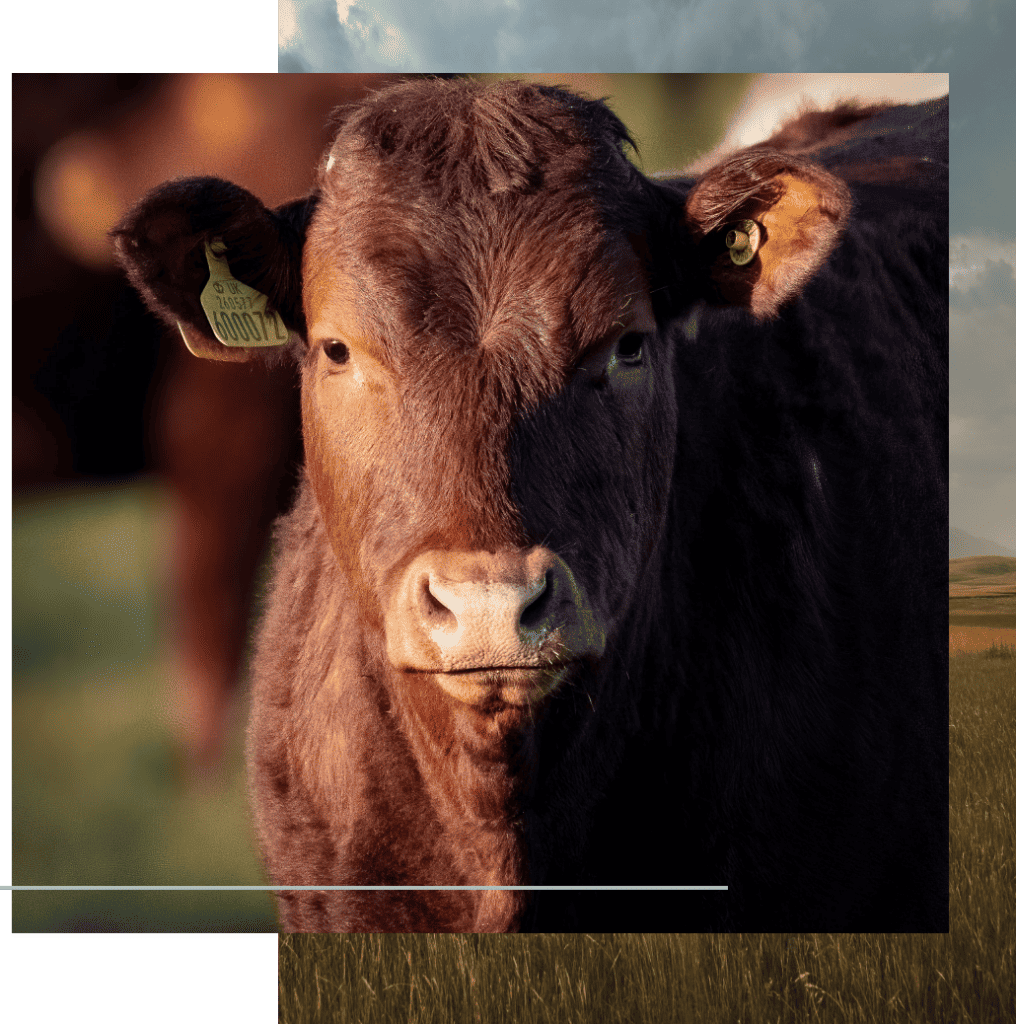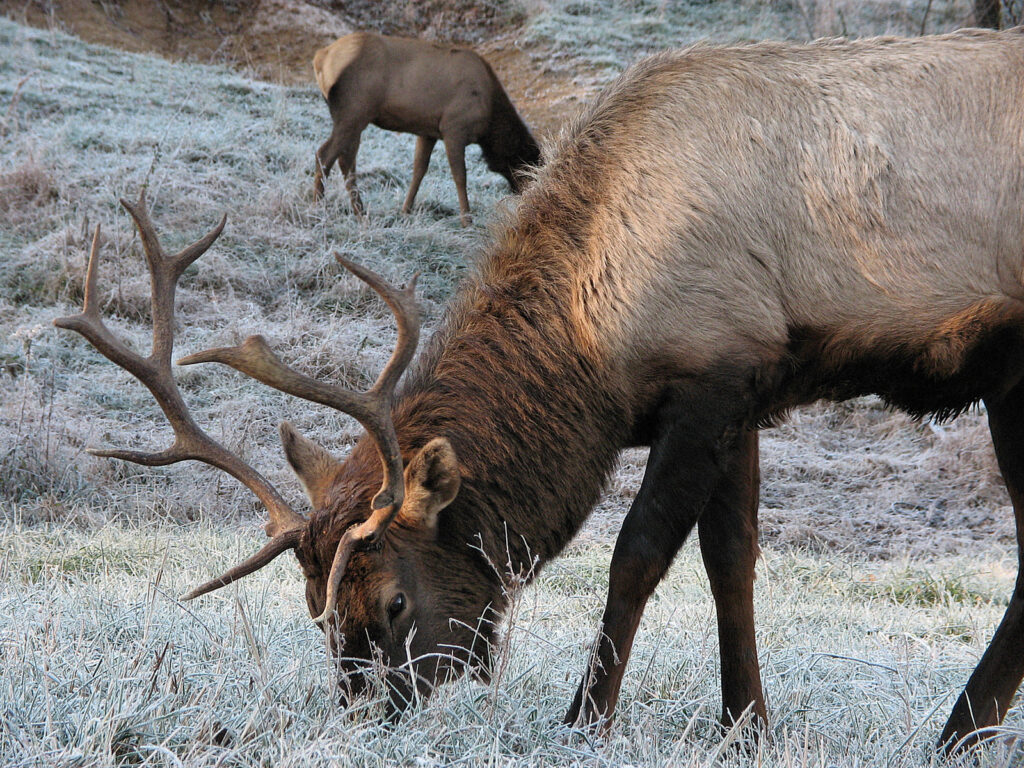Innovation Lab
Grizzly Conflict Reduction Grazing Agreement
Conservation groups support ranchers’ innovative approach to reduce conflict with at-risk wildlife
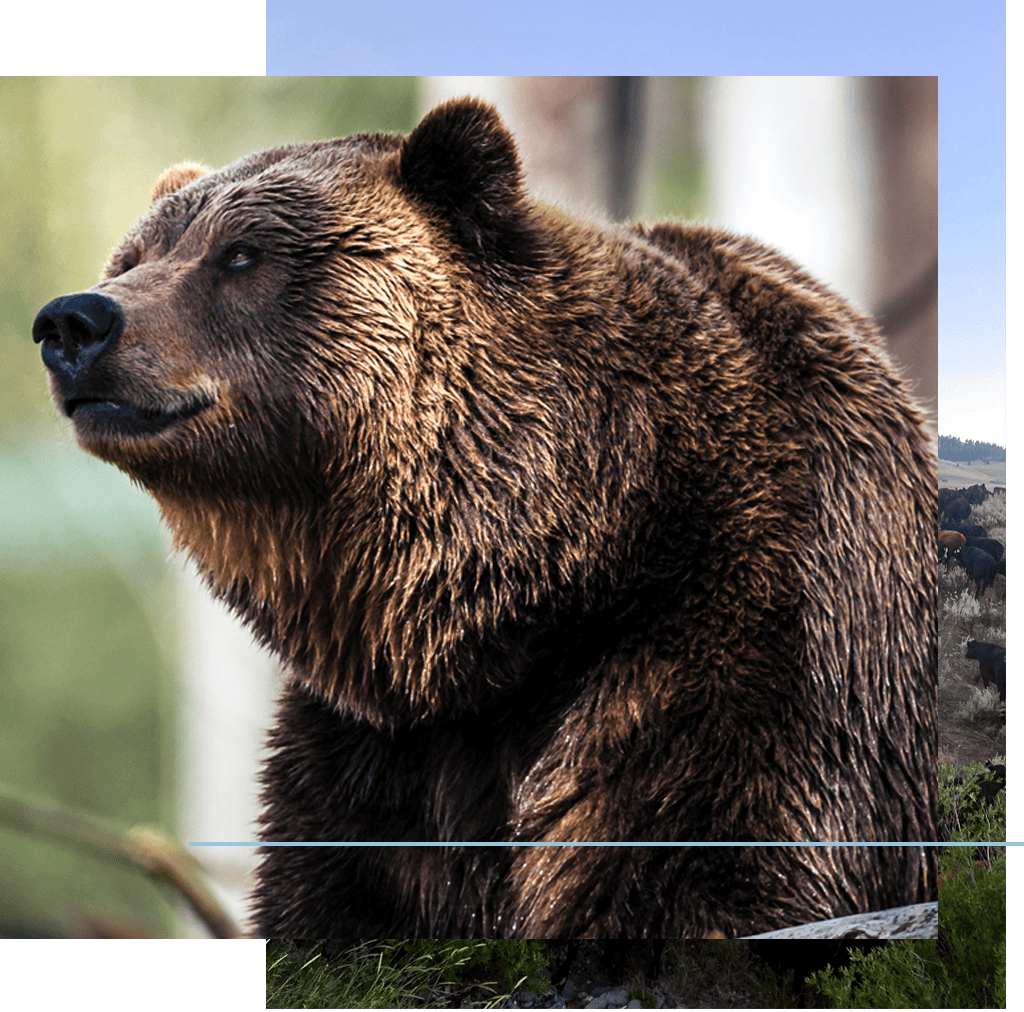
overview
A Montana ranching family developed an inspiring vision to manage a public land grazing permit in alignment with both conservation and agricultural values.
Three conservation organizations are supporting their efforts to purchase a lease on 25,000 acres in the Forest Service’s West Fork Allotment, located in Montana’s Gravelly Range, with the shared goal of enhancing the land’s overall ecological and economic value.
This partnership is helping fund creative practices to support greater biodiversity and a novel approach to make livestock grazing more compatible with area wildlife, including grizzly bears.
An Innovative Approach:
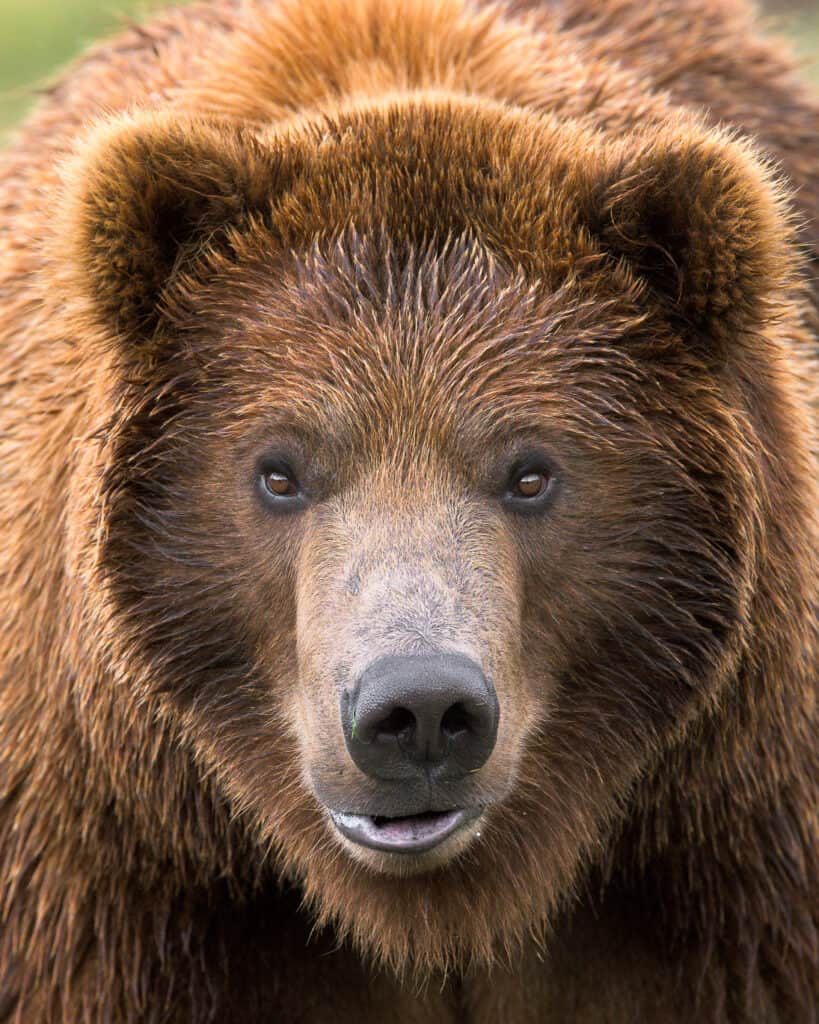
Challenge
A growing conflict
As grizzly bears in the Greater Yellowstone Ecosystem recover and populations grow, conflicts with livestock increase. The West Fork of the Madison River in the Gravelly Range, where the project is based, is home to some of the highest concentrations of grizzly bear and livestock conflict in the Greater Yellowstone Ecosystem.
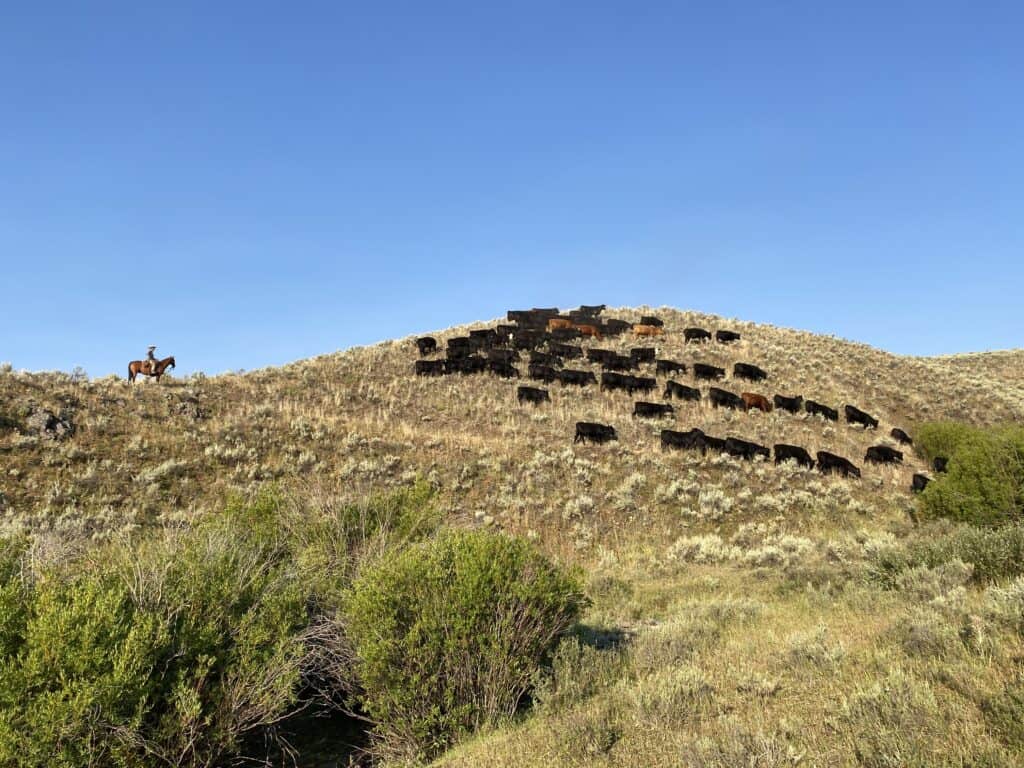
Grizzly-livestock conflict puts pressure on everyone:
Resilient Ranching
The ranching family’s actions are informed by their experience living with the land. After observing elk avoiding grizzly predation by clustering together in large numbers and keeping on the move, the ranchers are mimicking this approach to reduce livestock conflicts with grizzly bears:
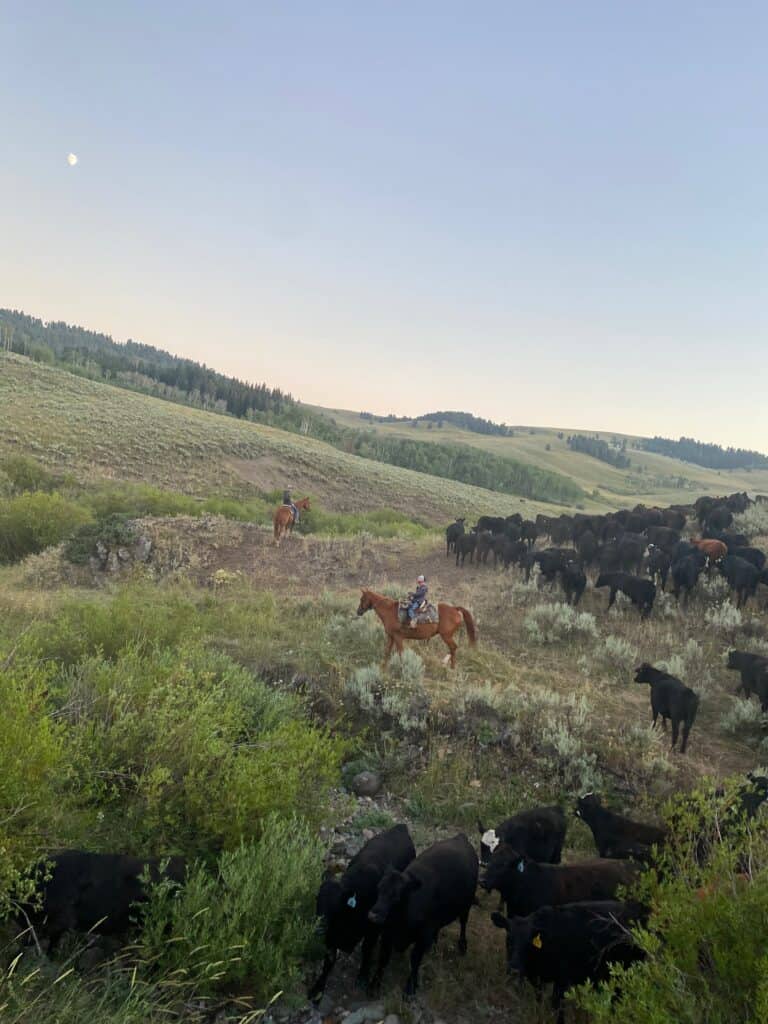
A Strong Start
In the first season under the new agreement, there was only one confirmed incident of grizzly-livestock predation in the West Fork allotment—a loss rate of less than one-quarter of a percent. The previous permit-holder, operating with traditional grazing practices, sold the permit following 19 confirmed cases within a single year (2021). Though more data is needed, the encouraging 2022 season allowed the ranchers to lay the foundation to ask more questions and adapt their practices in even more meaningful ways.
Evaluating the impact
The partners will closely monitor the project and study its effectiveness with an aim to share successful outcomes with others. In addition to trail cameras monitoring wildlife activity, researchers are collecting soil and water samples, monitoring biodiversity, and evaluating the impact on the overall health and ecology of the landscape as part of broader efforts to support working ranches on resilient lands.
From conflict to cooperation
The Grizzly Conflict Reduction Grazing Agreement is a private, voluntary market-based approach to conservation on public grazing lands. By empowering ranchers to attract support from conservation partners, the project establishes positive economic and environmental outcomes.
project partners
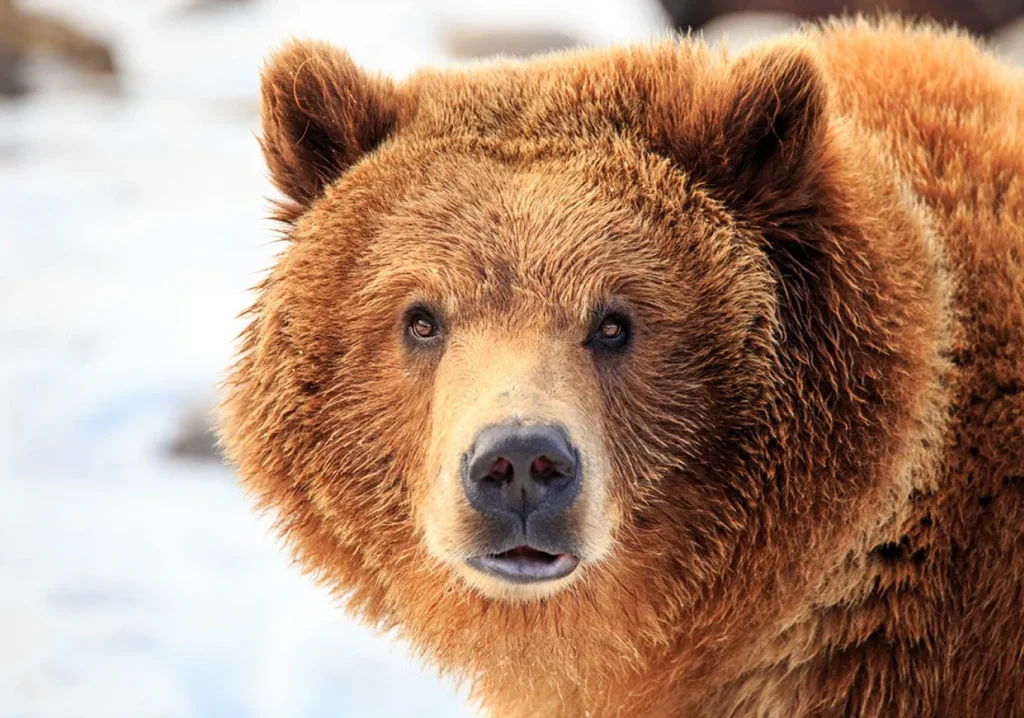
Support Creative Conservation
PERC is pioneering creative new approaches to protect land, water, and wildlife. Donate now to help expand new frontiers in conservation.
